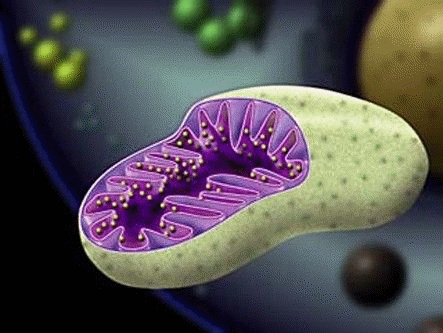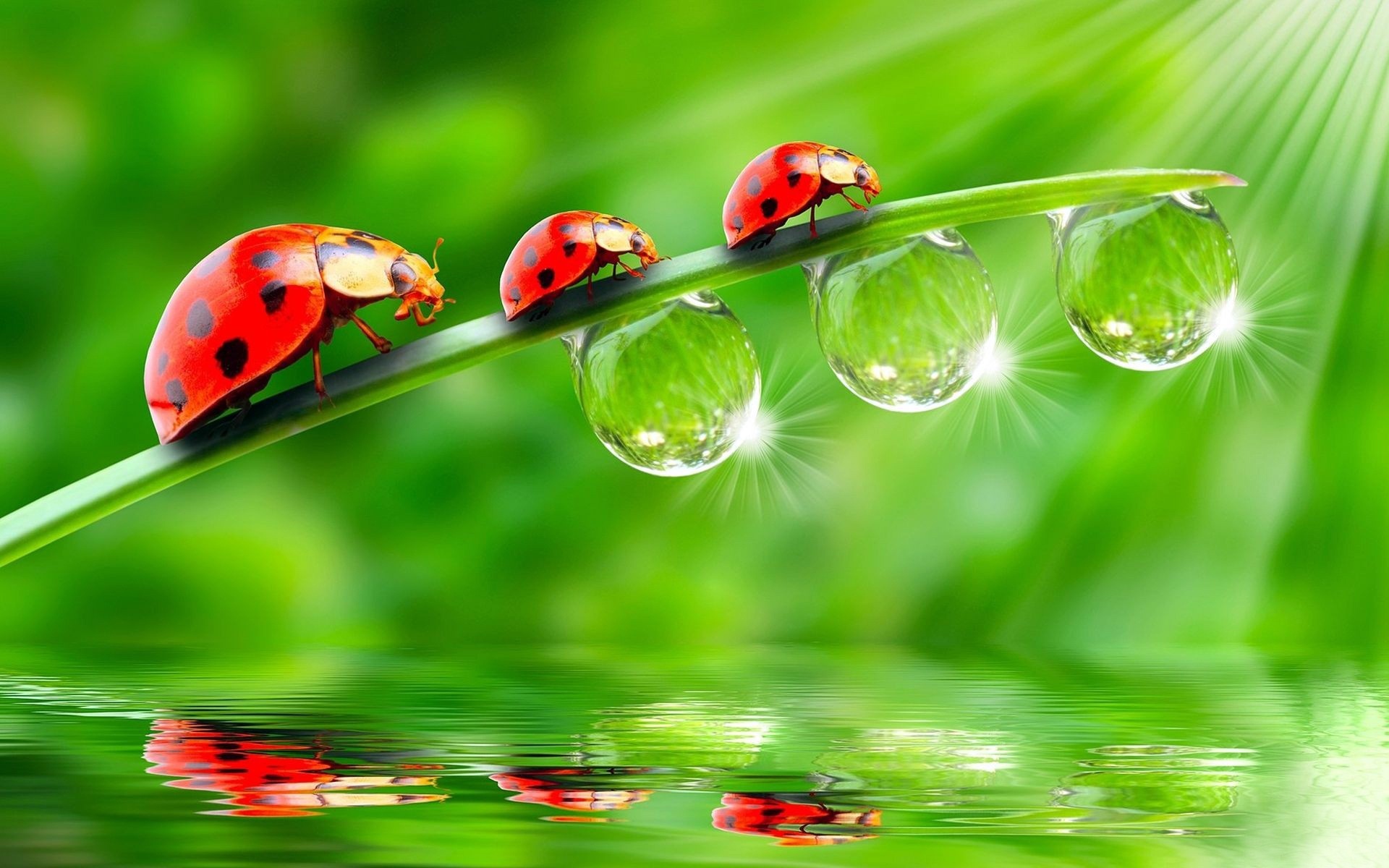 Cellular Respiration– One of the important examples of chemical reactions.
Cellular Respiration– One of the important examples of chemical reactions.
A chemical reaction is a process that leads to the transformation of one set of chemical substances to another.
Chemicals are everywhere, all the substances in the world are chemicals. The rocks, the plants, the animals, all are made up of chemicals. If we look around, rusting of iron objects on exposure to damp air, growth of a child, ripening of a fruit, the changing of milk into curd, the digestion of food in our body are some of the examples of chemical reactions. In biochemistry, series of chemical reactions are catalyzed by enzymes form metabolic pathways (glucose metabolism), by which syntheses and decompositions impossible under ordinary conditions are performed within a cell. All chemical reactions happening within the body of an organism are a result of metabolism or are a process in human body where accumulation of chemical and physical processes occurs due to which certain material substances produced, destroyed and maintained. Another example for chemical reaction is cellular respiration..
 Photosynthesis: A solar powered rearrangement of matter.
Photosynthesis: A solar powered rearrangement of matter.
Photosynthesis, which takes place within the cells of green tissues,
is a particularly important example of how chemical reactions rearrange matter.
Humans and other animals ultimately depend on photosynthesis for food and oxygen, and this process is at the
foundation of almost all ecosystems. The following chemical shorthand summarizes the process of photosynthesis:
6CO2 + 6H2O 
Protein synthesis is accomplished through a process called translation. In translation, RNA and ribosomes work together to produce proteins, which is a good example of chemical reaction. In biological systems, the most common catalysts are protein molecules called enzymes. Enzymes are absolutely essential if chemical reactions are to occur in cells. Thus, chemical reactions play a pivotal role in all biochemical processes.